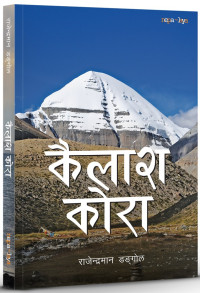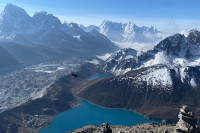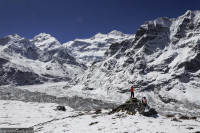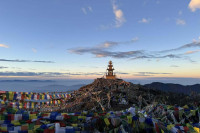Travel
Ghandruk: A gateway to the mountains
Slowly, the glow of the morning sun painted the clouds yellow. The tip of the mountain danced with the golden clouds.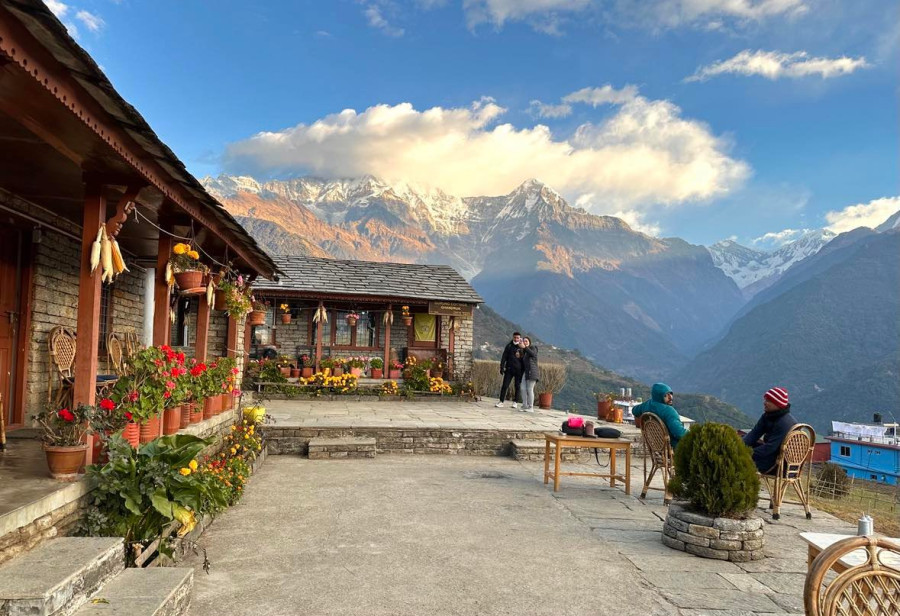
Anish Ghimire
The crispness of the cold morning got the better of me as I covered myself with warm clothes. We had just celebrated what Pokhara had to offer, and now we were looking ahead towards the lap of the mountains. The cold air coming from Annapurna and Machhapuchre helped cure our hungover, tired bodies. Ghandruk was the final stop. My cousins had never been there, so they eagerly awaited what the place had to offer. For me, Ghandruk was a close friend I’d met with three times over the last three years. But each time, the place had something new to offer.
After we bid adieu to the hustle and bustle of Pokhara, we were soon greeted by a beautiful landscape leading us all the way to the mountains. A few sections of roads were being constructed, so we blocked out the dust by closing all the windows in our vehicle. The car would jerk harshly, pushing the passengers inside in all directions. The windows were down again when the road eased a bit. There was always a friendly banter about who got to sit in the window seat, as the lucky one could roll down the window and greet the undiluted air. When my turn came, I peeked my head out and put my arm at rest, and grasped the landscape unfolding before me. Peculiar-looking houses stood before me for a moment, and in an instant, they were left behind. But something that always followed was the breezy wind. As it collided with my body, my mind was put at ease.
As the car started to climb uphill, we knew the mountains weren’t far. But with time, we were proven wrong. The dusty road went on and on, there was no end in sight. We were exhausted from the travel, and our patience was slowly waning. We stopped by a large waterfall. My fellow traveller decided to leave the boredom behind and have a quick shower there. I wandered about and saw something that was life-affirming. There was an unused concrete pipe placed on the side of the road. The water flowing from the waterfall constantly fell on top of it, and the force of the water created a hole in the concrete. My mind caught that immediately, and it was right there that I learned the importance of persistence. If water, gradually and softly, can break concrete, then why can’t we achieve our goals by doing the same? If we persist and stick to our plans, then any dream is attainable, for even something as strong as concrete loses the battle with persistence.
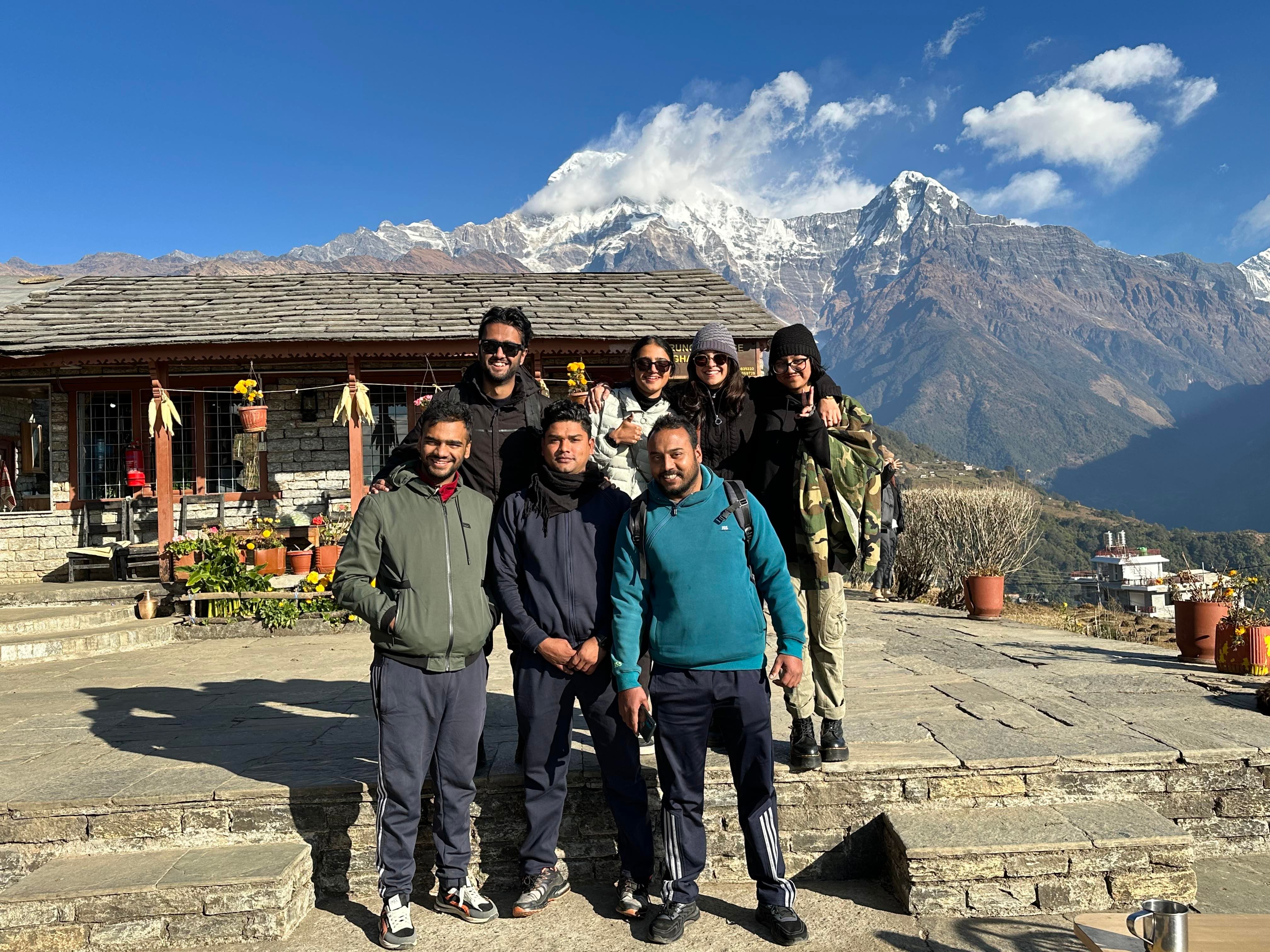
When the sun had died for the day, we finally reached Ghandruk. The clouds covered the sky and the mountains. We walked to the Gurung Cottage, our stay for the night. Just as we had put our bags down and rested our feet, the cottage owner called all his guests to sit by the fire. I assisted him in making the bonfire, and a handful of us sat around it. As the night progressed, we began to bond with the strangers and exchange our stories. There were also exchanges of jokes, banters, and friendly mocking. Every single one was enjoying the richness of the night. One moment I strongly recall, while playing Antakshari, I sang a song from the movie ‘Pyaasa’ which came out in 1957. The song featured Guru Dutt, one of India’s iconic filmmakers, and my personal favourite. After the song, I looked up and pointed to the sky and shouted, ‘To you, Guru Dutt! To you!’ and people around me laughed, but I wasn’t bothered one bit. I was floating on a different spectrum, riding a wave in the enchanting world of mountains and music.
The next morning, I woke up early to greet the mountains. They hadn’t fully exposed themselves, and the sun was still hiding behind the hills. But my patience paid off as eventually, the sun’s rays hit the tip of the mountains. To say they were beautiful would be an understatement, as they were beyond exceptional. The scape was above everything I’d encountered in my daily life.
When I turned my body towards the mountains, the icy cold wind hurled at me but at the same time, it felt soothing. But the wind left me again when I turned to the other side. Evidently, the mountain was throwing her waves of coldness at me, thinking I would go away, thinking I would be scared by her ferocity. But the mountain was unaware of my grit and passion. I stood there, strong and steady. Slowly, the glow of the morning sun painted the clouds yellow. The tip of the mountain danced with the golden clouds. We took it all in, beautiful nature flexing its wonders to humans who needed a break from all the chaos. After a few mesmerising hours of gazing at the mountains, we feasted. The food tasted divine. Right underneath the morning glow and on the lap of mountains, even a plain breakfast felt amazing.
But, as they say, all good things come to an end. We had left our life unattended in Kathmandu, and it was calling us back desperately. We had to part, albeit half-heartedly. We carried our bags and walked the steps where mules laboured hard to transport goods. They moved in a line, and we had to make way for their exhausted bodies. We were huffing and puffing by the time we reached our vehicle. After loading the luggage and ensuring the car’s tires were ready to roll, I stole one last glance at the mountains. They stood strong and unbothered—indifferent yet majestic. Then, we took off to Kathmandu—away and away from the mountains. But a part of me has stayed there, refusing to leave the laps of the glorious snowscape.




 9.89°C Kathmandu
9.89°C Kathmandu

